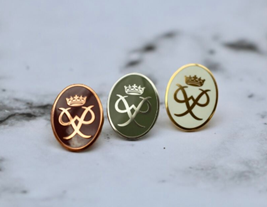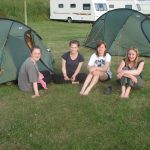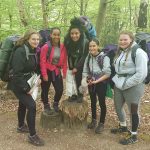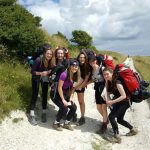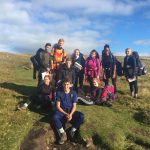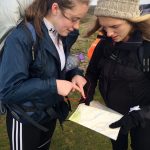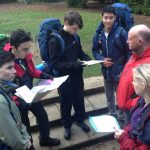What is the meaning of co-curricular?
Co-curriculum refers to the activities and learning experiences that take place in school alongside the academic curriculum. Academic attainment is a key element of school life and it is complemented by a broad and enriching co-curriculum to provide a rounded education. Co-curricular activities boost young people’s confidence to interact socially with others, building lifelong friendships, extend their social networks by meeting students from different backgrounds; and provide them with new skills and abilities to help develop your interests and talents. It also helps them gain transferable skills such as communication, teamwork, organisation, problem solving and time management. Above all, they offer an important space to have fun and relax away from the pressures of school work.
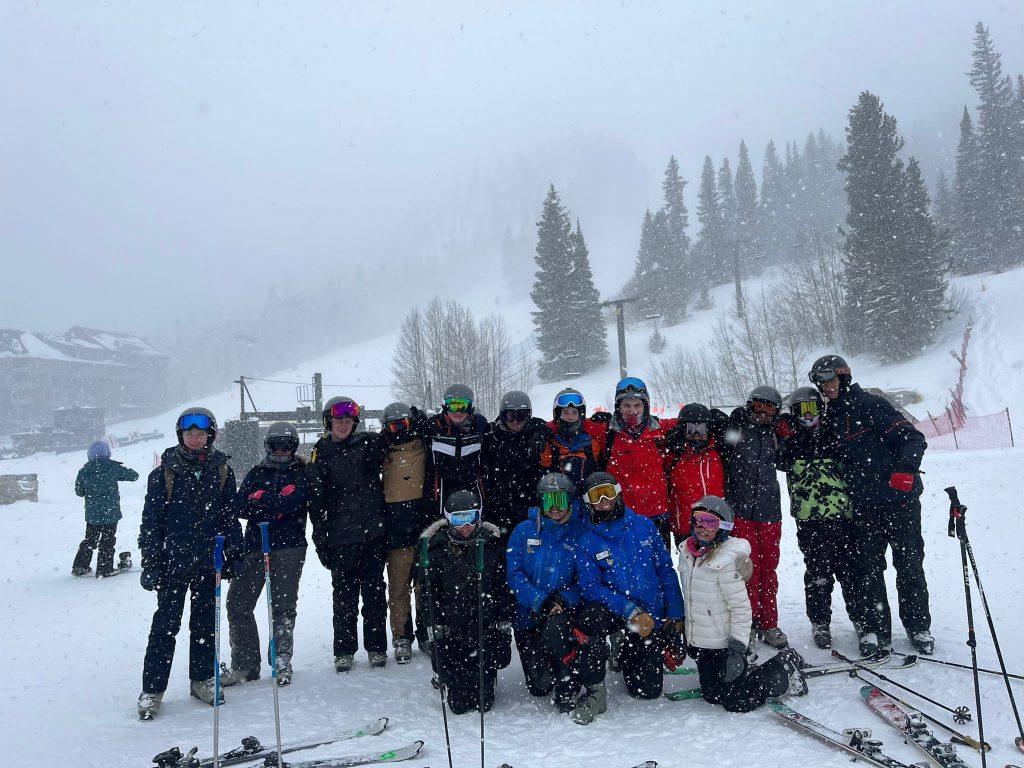
What are the advantages of co-curricular activities?
- Improved Academic Performance….
- Explore Interests and Create Broader Perspectives….
- Higher Self-esteem….
- Social Opportunities and improved social skills….
- Productive Breaks….
- Essential Life Skills….
- Relaxation and stress relief….
- Resumes….
- Boosts University Applications….
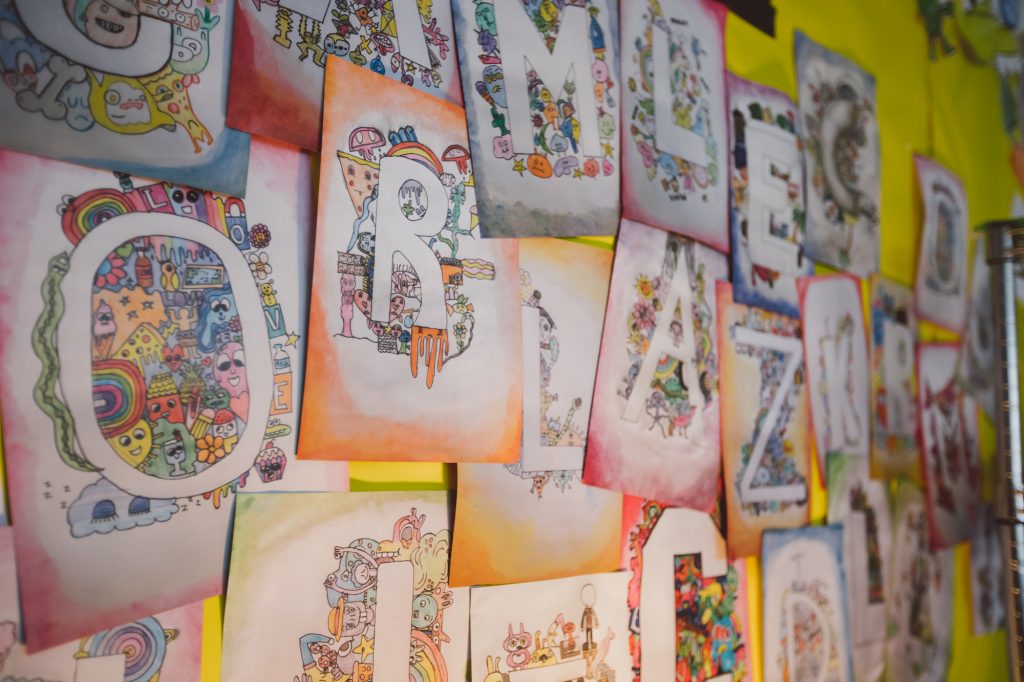
At Trinity we have a vast array of clubs on offer, with just under 100 clubs running at present across all departments. Please find below a link to Trinity Catholic High Schools Co-Curricular webpage, showing the vast array of activities we have on offer. This is continually updated with new clubs:
https://www.tchs.org.uk/pastoral/co-curricular/
DUKE OF EDINBURGH AWARD
To inspire, guide and support young people in their self-development and recognise their achievements. The Duke of Edinburgh Award is a development framework that empowers our students to learn and grow through non-formal education, all while working towards a globally recognized accreditation.
How Does This Award Empower?
A DofE Award is not just a prestigious Award much desired by colleges, universities, and employers. It’s recognition of the huge effort you’ve put in to doing it, the people you’ve helped and the skills you’ve learnt along the way.
The Curriculum
Young people doing their DofE programme complete four different types of activity at Bronze and Silver level and five at Gold level to achieve an Award:
Volunteering: undertake service to individuals or the community. This develops compassion, commitment and the confidence to make a difference.
Physical: improve in an area of sport, dance or fitness activities. This develops fitness, enjoyment and, depending on the activity, teamwork.
Skills: develop practical and social skills and personal interests. This helps young people to realise their unique potential and gain greater self-esteem.
Expedition: plan, train for, and complete an adventurous journey in the UK or abroad. This develops teamwork and leadership, and challenges young people to push themselves beyond their expectations.
Residential (Gold level only): stay and work away from home doing a shared activity. Again, this challenges young people, who must work with strangers to achieve a positive goal.
For the Enthusiast, please visit http://www.dofe.org/
Course Leader: Miss Healey

